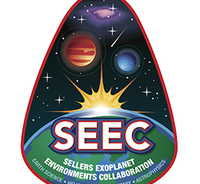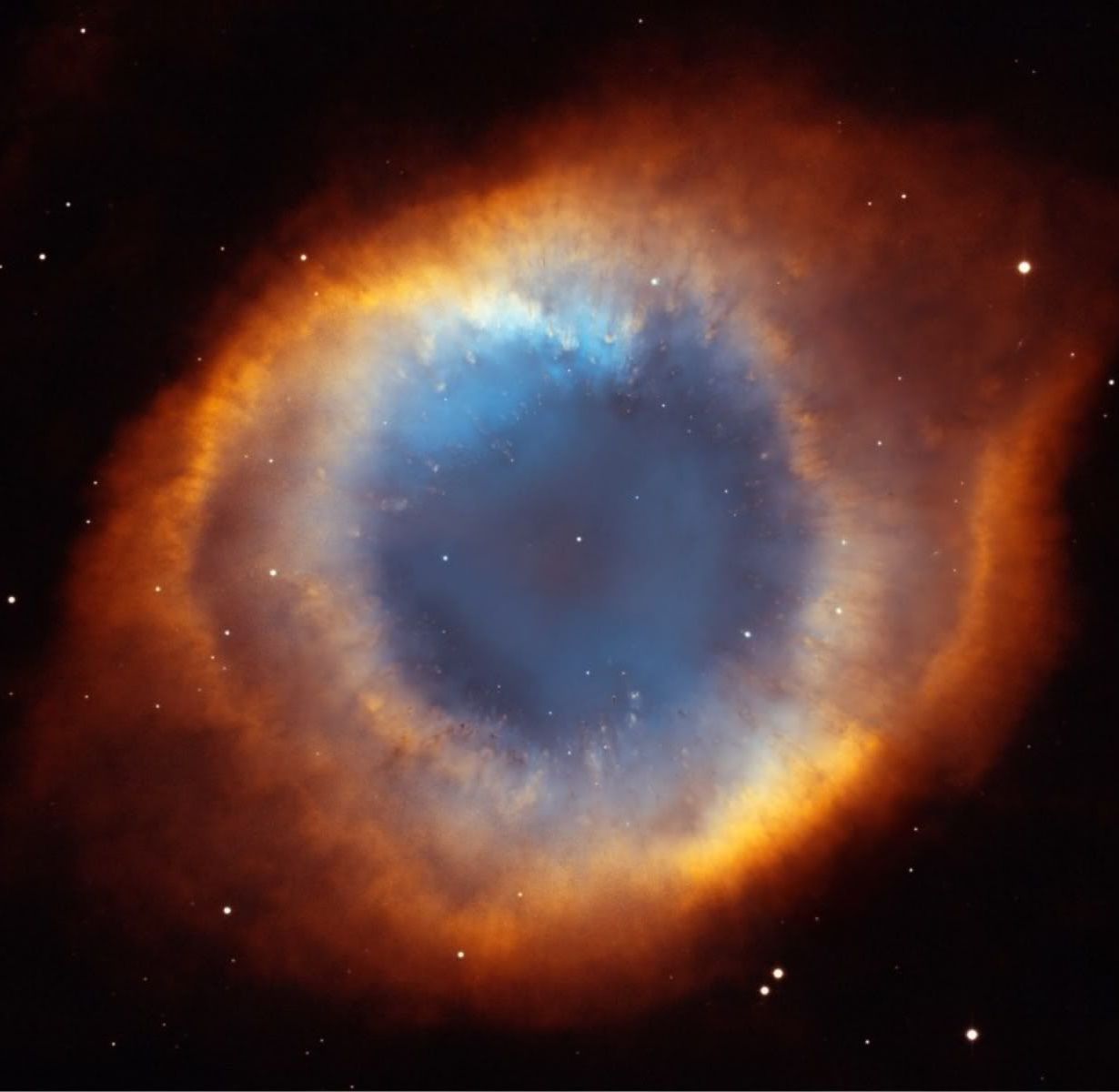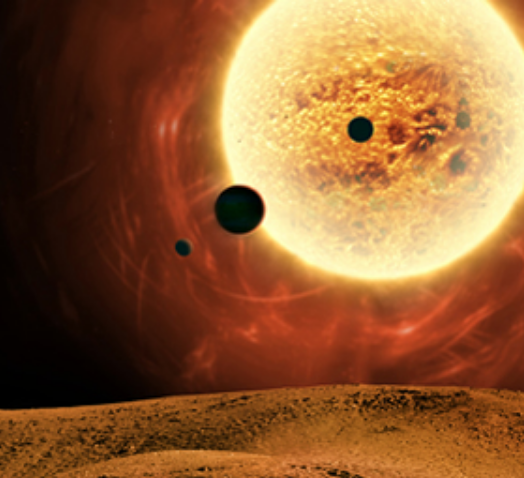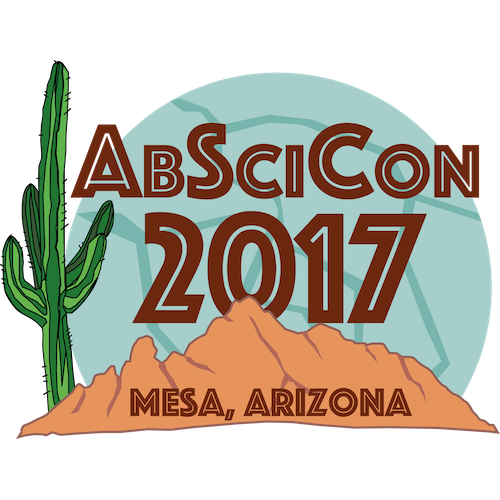Environments of Terrestrial Planets Under the Young Sun: Seeds of Biomolecules
When: April 9, 2018 6AM PDT

The “Environments of Terrestrial Planets Under the Young Sun: Seeds of Biomolecules” Symposium was held on April 9-13, 2018, hosted by the Sellers Exoplanet Environments Collaboration at NASA Goddard Space Flight Center, Greenbelt, MD, USA. This symposium was a major international interdisciplinary conference in the emerging area of astrobiology covering astrophysical, physico-chemical, atmospheric and geological aspects of environments of early terrestrial planets with a focus on the impacts of the young Sun’s space weather on the precursors of life.
This workshop drew on the format of the highly successful prior workshop “Exoplanetary Space Weather, Climate and Habitability” (held in New Orleans, LA in 2016) in that practitioners were asked to discuss challenges around the fundamental questions of precursors and building blocks of life.
Day 1: Monday, April 9, 2018 – Space Weather from The Young Sun and Active Stars
Building 34, Room W150
10:30 – 10:45 am
Coffee Break
12:45 – 2:00 pm
Lunch
Coffee break
3:45 – 4:15 pm
Day 2: Tuesday, April 10, 2018 – Impact of Space Weather from the Young Sun
Building 34, Room W150
Session Chair: Manuel Güdel (University of Vienna)
8:30 – 9:00 am
Colin Johnstone (University of Vienna, Austria)
The Upper Atmosphere of The Early Earth: Physical Properties and Mass Loss (Invited)
9:00 – 9:30 am
Kazunari Shibata (Kyoto University, Japan)
Superflares on Solar Type Stars (Invited)
9:30 – 10:00 am
Janet Luhman (UC Berkeley, USA) & Shannon Curry (UC Berkeley, USA)
Implications of SEP Event and CIR Observations on the Effects of the Young Sun on Mars (Invited)
10:00 – 10:20 am
Coffee Break
12:30 – 1:30 pm
Lunch
1:30 – 2:00 pm
Robert Strangeway (UCLA, USA)
Ionospheric Outflows from Earth (Invited) – remote presentation via Adobe Connect
2:00 – 2:30 pm
Hiroyuki Kurokawa (Tokyo Tech/ELSI, Japan)
Isotopic constraints on the loss of atmosphere and water from Mars
2:30 – 3:00 pm
Nita Sahai (University of Akron, USA)
Geochemical Controls on Protocell Self-Assembly in the Origins of Life
3:00 – 3:20 pm
Coffee Break
4:20 – 4:40 pm
Coffee Break
5:45 – 7:00 pm
Poster Session
Day 3: Wednesday, April 11, 2018 – Climates of Early Earth, Mars and Venus
Building 34, Room W150
Session Chair: Vladimir Airapetian (GSFC/SEEC)
8:30 – 9:00 am
Anthony Del Genio (GISS, USA)
Greenhouse Gases, Climate Feedbacks, and the Habitability of Archean Earth (Invited)
9:00 – 9:30 am
Jim Cleaves (ELSI/Tokyo Tech, Japan)
A Systems Model of Earth’s Early Abiotic Nitrogen Cycle (Invited)
9:30 – 9:50 am
Coffee Break
1:00 – 2:00 pm
Lunch
2:00 – 2:15 pm
Group Photo
2:15 – 7:00 pm
Tour to Washington, DC-Cherry Blossom Festival
Day 4: Thursday, April 12, 2018 – Building Blocks of Life
Building 33, Room H114
Session Chair: Jim Cleaves (Tokyo Institute of Technology, ELSI, Japan)
8:30 – 9:00 am
Nick Hud (Georgia Institute of Technology, USA)
Exploring candidate building blocks and environments for the emergence of life’s earliest polymers (Invited)
9:00 – 9:30 am
Ramanarayanan Krishnamurthy (Scripps Institute, USA)
Understanding the Pathways of Emergence of Complexity In Prebiotic and Biological Chemistry (Invited)
9:30 – 10:00 am
Robert Pascal (University of Montpellier, France)
Are there environmental requirements for biological organization to emerge? (Invited)
10:00 – 10:30 am
Laurie Barge (JPL, USA)
Exploring Environmental Conditions for Prebiotic Chemistry on Early Terrestrial Planets (Invited)
10:30 – 10:45 am
Coffee break
12:30 – 1:30 pm
Lunch
1:30 – 2:00 pm
Gang Li (University of Alabama at Huntsville, USA)
SEPs from the Young Sun
2:00 – 2:30 pm
Zita Martins (Instituto Superior Téchnico, Portugal)
The origin and evolution of organic matter in the solar system: from interstellar ices to primitive carbonaceous chondrite (Invited)
2:30 – 3:00 pm
Shigenori Maruyama (Tokyo Institute of Technology/ELSI, Japan)
Nine requirements for the birthplace of life and probability of life beyond Earth
3:00 – 3:15 pm
Coffee break
4:15 – 4:30 pm
Coffee break
7:00 – 11:00 pm
Banquet at Recreation Center, GSFC
Day 5: Friday, April 13, 2018 – Biogenic Conditions on Early Terrestrial Planets and Exoplanets
Building 33, Room H114
Session Chair: Nick Hud (Georgia Institute of Technology, USA)
8:30 – 9:00 am
Ofer Cohen (UMass, USA)
Energy Dissipation in the Upper Atmospheres of Trappist-1 Planets
9:00 – 9:30 am
Charley Lineweaver (Australian National University, Australia)
Atmospheres, Weathering, Circumstellar Habitable Zones and the Gaian Bottleneck Model (Invited)
9:30 – 10:00 am
Moran Frenkel Pinter (Georgia Institute of Technology, USA)
Dynamic Polymerization of Prebiotic Depsipeptides Allows Selection of Stable Structures
10:00 – 10:30 am
Weijia Kuang (GSFC/SEEC, USA)
When will the Earth’s magnetic field cease? Implications on habitability
10:30 – 10:45 am
Coffee break
 2018 Georgia Tech Astrobiology Colloquium
2018 Georgia Tech Astrobiology Colloquium Habitable Worlds 2017
Habitable Worlds 2017 AbSciCon 2017
AbSciCon 2017